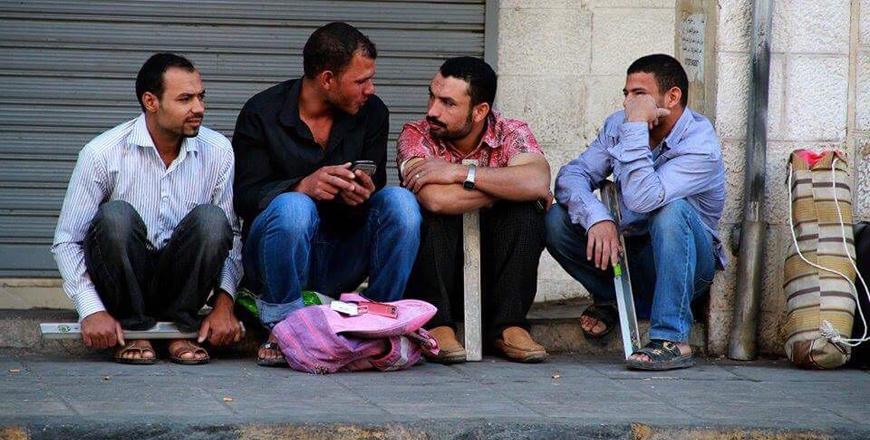
 2018-06-27
2018-06-27
Study calls for enhanced protection of guest workers
Jordan Times- Jordan is in a dire need of joint agreements to protect the rights of expatriate workers, according to a recent study by Director of Tamkeen Fields for Aid Linda Al Kalash, where the researcher urged the Kingdom to adopt the International Convention on the Protection of the Rights of All Migrant Workers and Members of their Families.
The Ministry of Labour preferred not to comment on the recommendations, noting that “the Labour Law is now being discussed at the Lower House, and Jordan’s adoption of any agreement should pass through the representatives”.
“The government should be aware of the benefits that this adoption would bring to both Jordanian workers outside the Kingdom and expatriate workers based in Jordan,” Kalash told The Jordan Times, stressing that “migrants and refugees constitute around a third of the Kingdom’s population, and this issue should be considered as Jordan goes through its Universal Periodic Review this year”.
The study called for the review of the Labour Law and other concerned regulations to limit the employer’s authority so that migrant workers are granted the right to resign voluntarily and to choose a different employer.
In addition, the study recommended the implementation of limitations on administrative detention and deportation of expatriate workers, calling for the employees’ right to file grievance or litigation claims and have residence overstay fees revised.
“The Residency and Foreigner Affairs Law is unfair to migrant workers,” the study said, noting that “the ministry’s authority to deport workers under the recommendations of the Directorate of Public Security violates the employees’ right to grievance”.
“The fines imposed on the worker due to the lack of a residence permit are also a violation, especially considering that the Labour Law makes the employer responsible for the issuance of the work permit rather than the worker,” the study continued.
In this regard, the study recommended the search for alternative legal solutions aimed at preventing the deportation of migrant workers, in addition to the provision of translation services for non-Arabic speakers in court and the acceleration of the slow pace of litigation.

